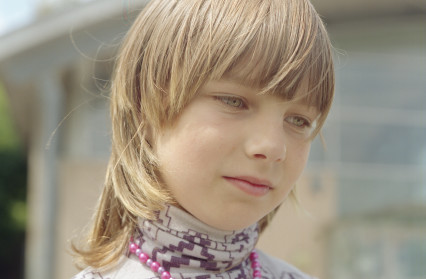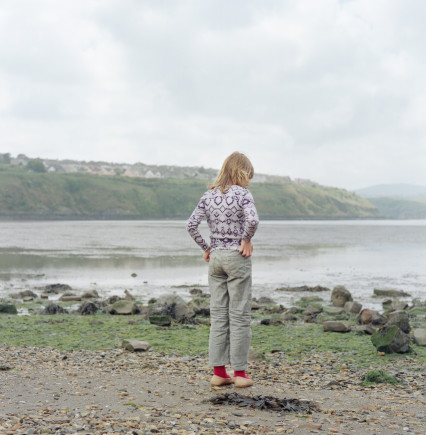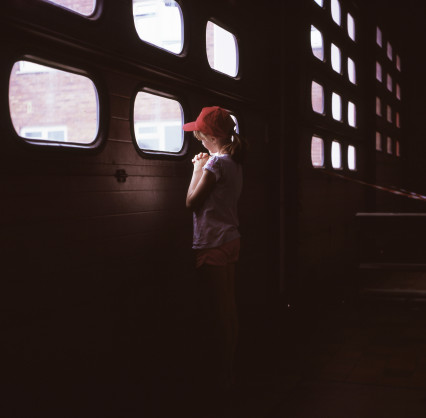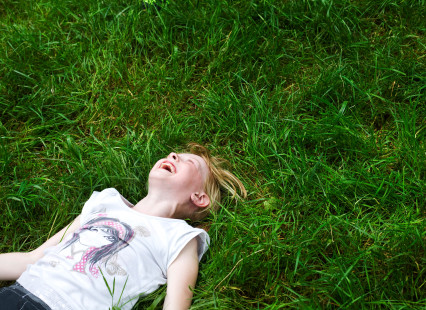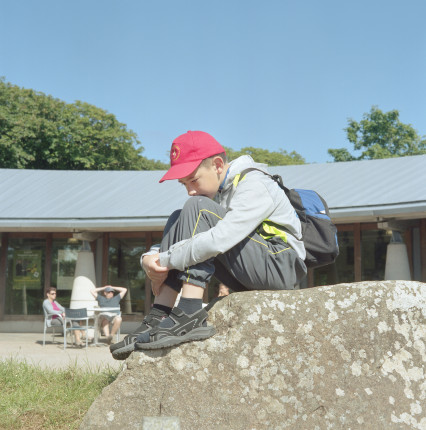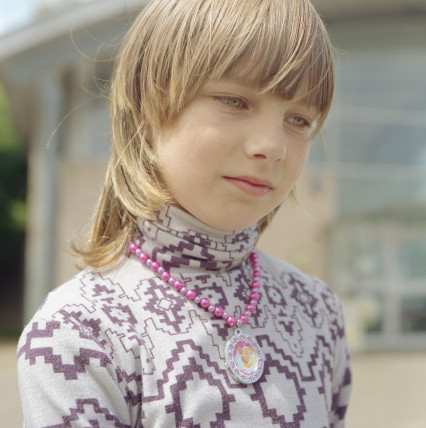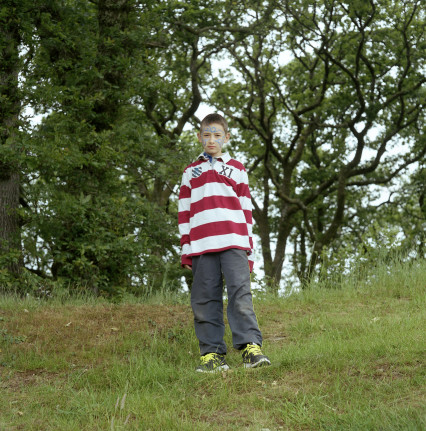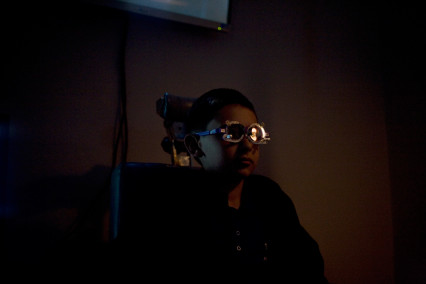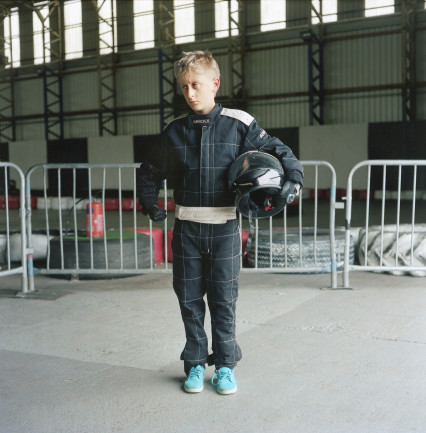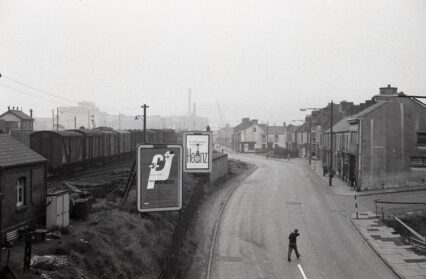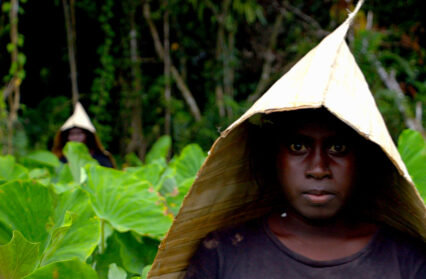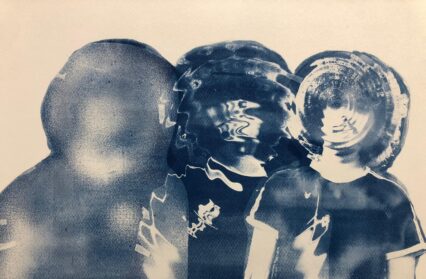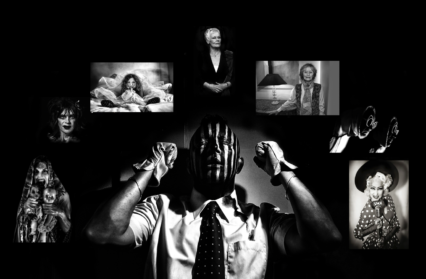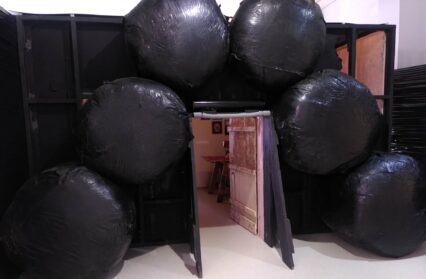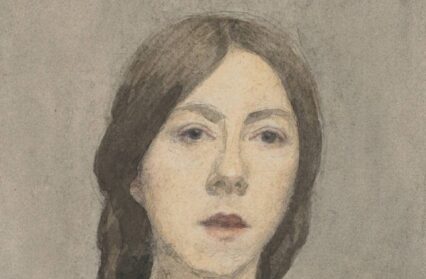The Chernobyl meltdown was the biggest nuclear catastrophe in world history. 99 per cent of the Belarusian land has been contaminated to varying degrees above internationally accepted levels as a direct result of the disaster. The villages and towns that are in close proximity to the epicenter of the reactor have been eerily abandoned and remain desolate.
The people of Belarus are very self-sufficient, they grow their own crops and vegetables, farm livestock and source water from nearby lakes and reservoirs. With 70% of contamination coming from food and water however, the poisoned earth continues to infect those that depend on it.
An astonishing 85 per cent of Belarusian children are deemed to be Chernobyl victims: they carry “genetic markers” that could affect their health at any time and can be passed on to the next generation. A vicious cycle that unfortunately could continue for hundreds if not thousands of years.
The government of Belarus and the Ukraine established that all affected children should leave the contaminated regions for at least one month abroad every year. They believed the fresh air and uncontaminated food would give the children a vital boast to their immune system.
The Chernobyl children’s lifeline was founded to help affected children receive the recuperation they so vitally need. The charity carried out scientific research to determine whether a clean environment would benefit those affected. From 4000 children that were examined the results determined that the radioactive elements in a child before and after a 4 week visit to the U.K dropped by an average of 68 per cent. The immune system of a Chernobyl child needs a kick-start to help fight potential illnesses and diseases.
This year 8 children were brought to the pristine county of Pembrokeshire in West Wales, U.K. the region is considered an area of outstanding natural beauty. The environment boasts clean air quality, blue flag beaches and spectacularly dense woodland and breath taking countryside views.
The children participate in a number of recreational and educational activities and outings during their stay, from long sunny days at the beach to indoor karting. They also receive free medical check ups including eye tests and dental appointments to ensure a clean bill of health. The aim of the charity is to make the experience as enjoyable as possible while the clean air and unpolluted land takes its natural course of healing the wounds.
Sabina Filanovich looks out to see at the beach in Fishguard Harbor. This is the first time the children would have experienced the ocean and a coastal environment. She later described the experience as ‘A surreal dream’ to the charities Belarusian interpreter. The children will spend up to a month with host families around the Pembrokeshire area of the U.K. An astonishing 85 per cent of Belarusian children are deemed to be Chernobyl victims: they carry “genetic markers” that could affect their health at any time and can be passed on to the next generation. A vicious cycle that unfortunately could continue for hundreds if not thousands of years.
Natalia Varauka gazes out of the window of the Haverfordwest Fire station. The children take part in several activities during their stay, both educational and recreational. The Belarusian government sends children that are often truant in schools through illness or bad behavior. A stint in a clean environment coupled with various activities often sees the children’s school attendance improve significantly when they return.
After a long day at the Narbeth Forest School Natalia Varauka laughs in the long grass after playing a game of twister. The forest school allows the children to engage with the natural surroundings with a number of activities such as food foraging, roasting marshmallows and hide and seek in the dense woodland.
Artur Dubanevick sits on a rock at the St David’s visitor center. The children often suffer from a weak immune system and are prone to illness and infection, which results in very subdued and lethargic body language. They tire easily and the month duration away from home visibly takes its toll
Sabina Filanovich is captured unaware as she looks at the ground near the Fishguard harbor, West Wales.
Artur Dubanevick stands at the Castell Henllys (Henllys Castle) medieval village with his face painted in tribal war paint. The children are taught a number of medieval Welsh traditions including baking bread, building a fence and applying tribal war paint to warn away potential intruders.
Artur Dubanevick receives an examination at the opticians in Fishguard, West Wales, U.K. The children receive free medical examinations during their stay including eye tests, dental check ups and full medicals to ensure they are in a safe bill of health.
Andrei Zharnasek poses for a portrait at the West Wales Karting Center. He wanted to be portrayed as the dominant leader so his family would be proud. A number of activities are offered to the children through free sponsorship
Mark is a photographer based in South Wales, U.K. He graduated in 2013 with a degree in photojournalism from the university of Wales. His work has been widely featured throughout the world and exhibited across the country.
Mark works predominantly with film based cameras for long term and personal projects preferring the aesthetics of film and the anticipation and excitement of seeing the results of a developed image for the first time.
He is exhibiting in the Made In Wales exhibition from the 9th of September at the MADE gallery in Cardiff.


